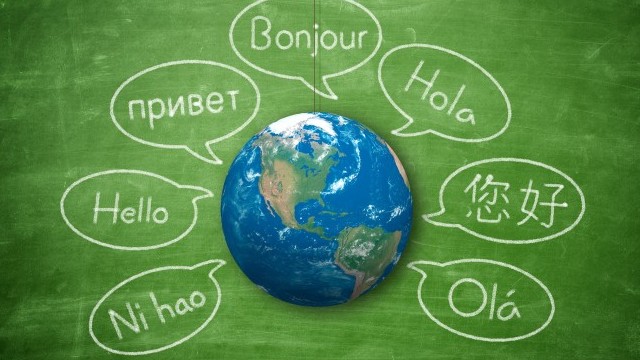英语将来时态的结构

英语一般将来时态结构:will / shall+动词原形;be going to+动词原形;be doing。过去将来时结构:助动词+动词原形;was (were) going to+动词原形。
一、一般将来时态:
四种形式表达将来时: will / shall+动词原形, be going to+动词原形, be doing,以及一般现在时.
shall / will / be going to +动词原形
be to do sth.
be +coming (leaving, starting, reaching, returning….)
be about to do sth.
1. will / shall表示单纯的将来(即现在的之后),will还可以表示"决心"、"意愿";shall 用于第一、三人称的问句中,还可以表示征求对方的意见.例如:
He will be back in a few days.(单纯将来)
I will study hard to keep up with my classmates.(决心或意愿)
Shall I go with you?(征求意见)
【注意】在含有if的条件状语从句时,主句中要用will表示将来时.例如:
If it doesn't rain tomorrow, we will go climbing.
2. be going to+动词原形多用于口语,强调事先的"打算、计划"要做的事情或有某种迹象要发生的事情.例如:
What are you going to do this evening?(打算)
Look!There are so many clouds in the sky. It's going to rain, I think. (有迹象要发生的事情)
3. be doing代表现在进行时.现在进行时表示即将发生的将来,多与表示位移的动词come, go, arrive, leave, fly, start等连用.例如:
She is leaving for Beijing. 她就要启程去北京.
4. 一般现在时表示将来时,主要用于时间状语从句或条件状语从句中;或者用来表示按时刻表的规定将要发生的动作.例如:
I'll tell him about it as soon as I see him.
My plane takes off at seven tomorrow morning.
二、过去将来时态:(The Future-in-the-Past Tense)
1)过去将来时一般由“助动词would(should)+动词原形”构成,也可以用“was (were) going to+动词原形”来表示.过去将来时表示从过去某一时间看将要发生的动作或存在的状态,这种时态常用在宾语从句中.
I thought the film was going to be very interesting.
我原以为这个电影会很有趣.
No one knew which country would hold the next Olympic Games.
谁也不知道将由哪个国家举办下一届奥林匹克运动会.
2)由were/was going to 表示过去将来时
Jackie thought the American country music was going to be very popular. 杰基认为美国乡村音乐将深受欢迎.
The Greens were going to spend their winter vacation abroad.格林一家将到国外去度寒假.
Zhou Lan said she was going to work hard at her English. 周兰说她将努力学习英语.
Charlie wrote he and his father were going to cut rice soon. 查利写道他与他父亲不久就打算割稻.
3)用would表示过去将来时
They told me that they would come home by air for the holiday. 他们告诉我说他们将乘飞机回家度假.
The writer thought it would be wrong to eat monkeys. 作者认为吃猴子肉是不对的.
It would be very difficult to make progress if you didn't work hard.
4)过去将来时态中的否定形式
The radio broadcast that it was not going to snow tomorrow.之声广播说明天不会下雪.
He explained that he was not going to take part in the sports meeting. 他解释说他将不参加运动会.
During an earthquake weak buildings would not stay up. 地震时不结实的楼房就要倒塌.
He would not prepare any special food for his cousin. 他不给表弟做特别的饭菜.
- 相关热点:
- 现在完成时的用法











